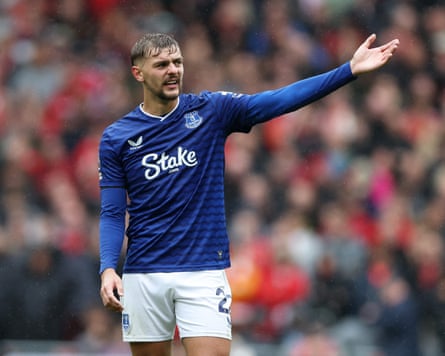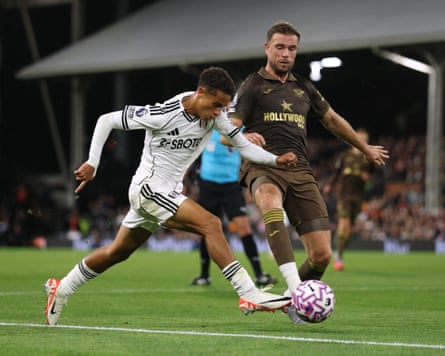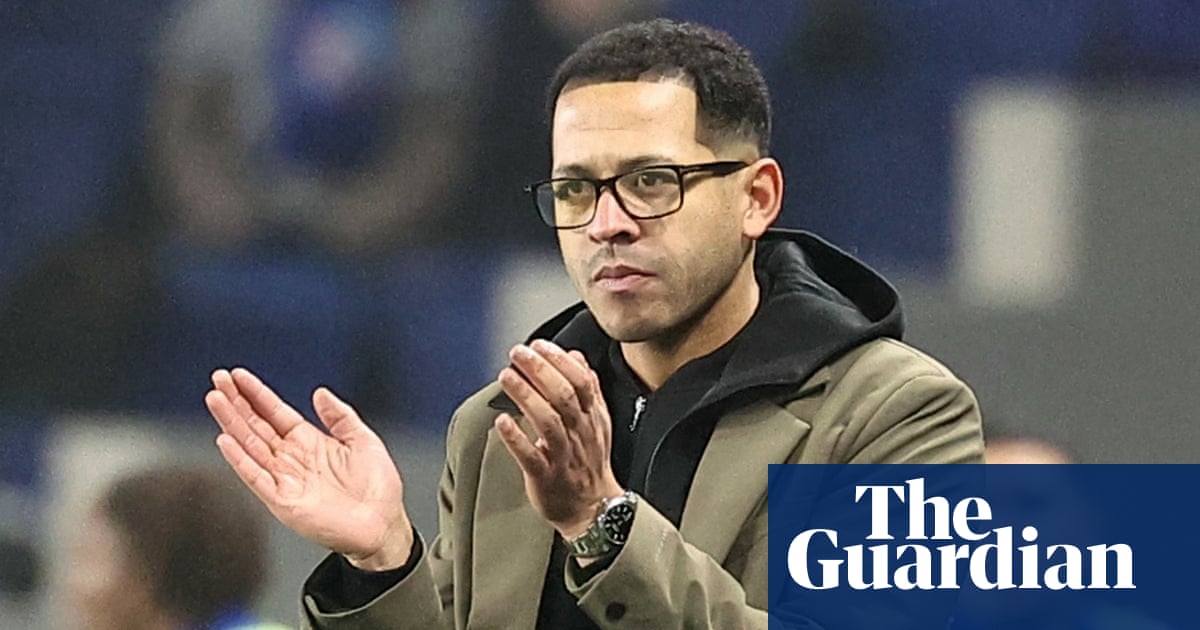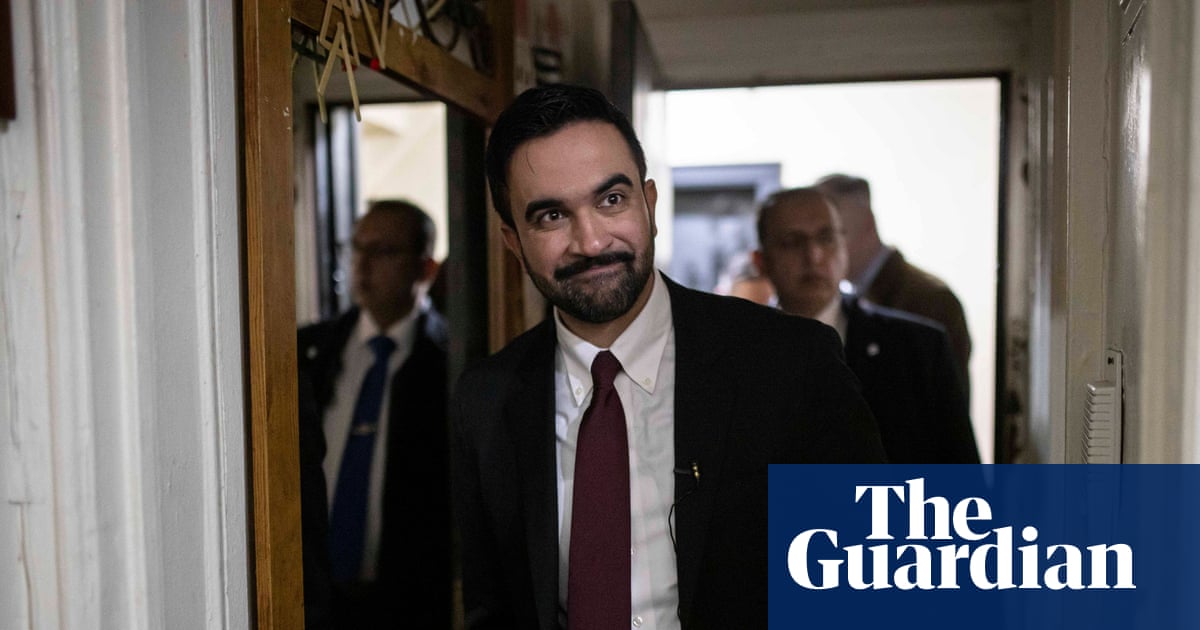We’ve completed round five of this season’s Premier League and so far I think we’ve seen really positive officiating. There have been one or two key errors but we’re talking about 50 Premier League games, every one high octane. They are there to be enjoyed and right now referees are playing their part. Let’s hope that continues.
Even one of the major talking points from the weekend was not a wrong decision in terms of the laws but a question of how to manage it. That is a reference to Darren England’s booking of Kiernan Dewsbury‑Hall for taking a quick free-kick in the Merseyside derby, a decision that apparently baffled Jack Grealish. It’s one that is worth looking at.
What you find with free-kicks is that normally in the defensive third or the middle of the park, teams want to play. So the ball is put down and, provided it is not moving, away we go. In and around the penalty area with attacking free‑kicks, players want more ceremonial stuff. They want it stopped. They want to set the wall up. They want to be in the right position.
As a referee, you would normally just say: “Do you want to go fast or slow?” And they’ll say: “No, we’ll wait for the whistle, ref.” So that’s it. You stop the game then. You’re in control of that situation. The ball’s placed, you put your spray down, you march the wall back 9.15 metres, remind everyone about using their arms so they don’t handball it and the players will want to take a free-kick on your whistle.
At Anfield the free-kick in question for Everton was just inside the Liverpool half. England was setting everything up and making his way towards the penalty area. Then the free-kick was taken while he had his back to the ball and he cautioned Dewsbury‑Hall for unsporting behaviour.
I don’t know what was said between the referee and the Everton players; he could have been telling them to wait for the whistle. But my view is that’s a situation you can manage. In that situation, I’m getting Everton to take the free-kick again. If you do that, you wouldn’t have too many complaints, would you?

What happened on the same afternoon at Fulham is testimony to the good start in terms of officiating. We saw some strong refereeing from Michael Oliver and a good video assistant referee intervention which led to an in-stadium announcement.
Let’s start with the VAR intervention which led to Fulham having a goal overturned, after Rodrigo Muniz was adjudged to have fouled Nathan Collins in the buildup. It was a really good intervention because Oliver can’t see the action from his position. Before Muniz takes possession he flings an arm back. It’s not a violent act but he catches Collins in the face which draws blood. Then he spins away, turns and scores.
After Jarred Gillett, the VAR, recommends a review, Oliver goes to the monitor and looks at it. Oliver quite clearly sees something he didn’t see in real time and disallows the goal. It’s a fair call because Muniz’s arm catches Collins and the defender can’t then challenge for the ball.
Oliver then comes back on to the pitch and explains his decision to the crowd. They get to understand why a referee has done what they’ve done. We’re always looking for more communication – it’s really important – and the game has evolved to take it in. It is important that people understand the decision-making process. There’s nothing worse than leaving the ground and not knowing what has happened, so these announcements are a strong addition and a really good communication tool for spectators in the stadium and fans watching on TV.
after newsletter promotion

A Josh King yellow card for simulation was also an excellent piece of refereeing by Oliver. The situation occurs when King goes down in the box apparently under a challenge from Jordan Henderson. Simulation, in refereeing terms, is a decision that has to be taken very, very quickly and has multiple factors. Is the player avoiding contact? Is the player initiating contact? Is he exaggerating contact, or are they just throwing themselves to the ground in the hope of winning the penalty?
King was already going to ground, then he made contact with Henderson and Oliver was in the right position to spot this: directly behind play on the edge of the area, with a clear view. If you’re a young referee and you’re learning your trade, the position of the referee in this instance is exactly the place you want to be. Oliver issues a yellow card to King for simulation because, while there is contact, King does try to deceive the referee into awarding a penalty. Oliver was quick, decisive and very positive.
Chris Foy is a former Premier League referee and will be writing regular columns for the Guardian.

 3 months ago
74
3 months ago
74

















































